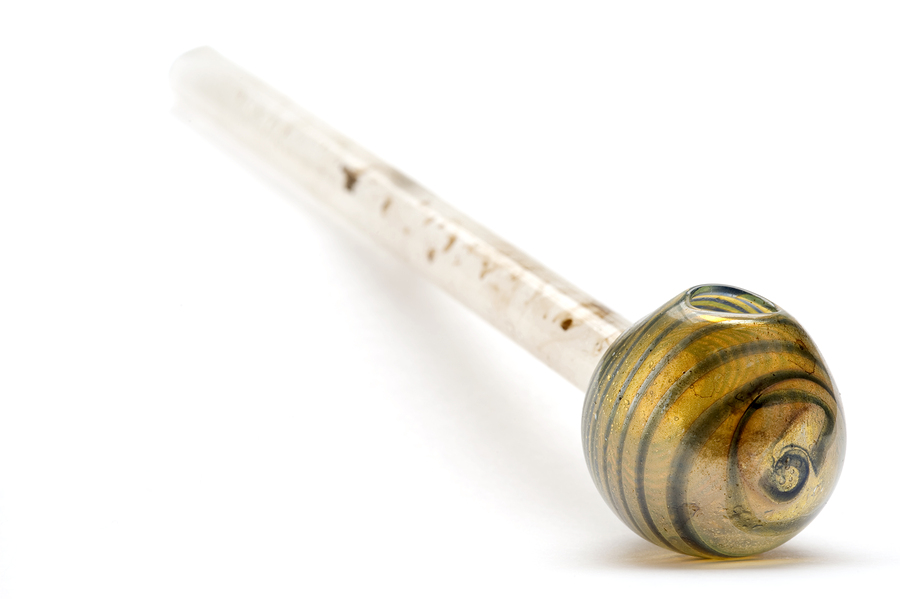
Can You Be Arrested for Drug Paraphernalia in Pennsylvania?
It goes without saying that you can be arrested for drug possession — but what about the possession of drug paraphernalia? Does it make a difference whether paraphernalia is used or not? What changes if the owner or buyer is a juvenile? Our Bucks County drug defense lawyers explain everything you need to know about being arrested for drug paraphernalia in Pennsylvania.
Is it Illegal to Have Drug Paraphernalia in Pennsylvania?
Unfortunately for defendants, the short answer to this question is yes, it is illegal to be in possession of drug paraphernalia. But what does that include?
Under Pennsylvania’s Controlled Substances, Drugs, Device, and Cosmetic Act, paraphernalia means “all equipment, products and materials of any kind which are used, intended for use or designed for use in” any of the following:
- Planting
- Propagating
- Cultivating
- Growing
- Harvesting
- Manufacturing
- Compounding
- Converting
- Producing
- Processing
- Preparing
- Testing
- Analyzing
- Packaging
- Repackaging
- Storing
- Containing
- Concealing
- Injecting
- Ingesting
- Inhaling
That includes, but is not limited to, all of the following objects:
- Grow kits intended to cultivate, harvest, or grow marijuana (although it is slowly becoming decriminalized) or other controlled substances.
- Any isomerization devices, or devices which are designed to increase the potency of a drug.
- Any testing equipment meant to gauge potency, strength, or purity.
- Balances and scales used to measure out doses.
- Any substances or adulterants used for “cutting.”
- Screens and sifters used to remove twigs, seeds, and other impurities.
- Any mixing tools used in blending or preparing drug compounds.
- Any balloons or capsules used to transport, conceal, or distribute drugs.
- Hypodermic needles and syringes used to inject narcotics like heroin or methamphetamine.
- Any objects designed for inhalation or ingestion, including:
- Bongs
- Bowls
- Pipes
- Chillums
- Cocaine Spoons
- Cocaine Vials
- Roach Clips
The act goes on to add that, “In determining whether an object is drug paraphernalia, a court or other authority should consider” some of the following factors:
- “Statements by an owner or by anyone in control of the object.”
- Whether the owner has any prior convictions, particularly recent and/or drug-related convictions.
- Whether the object is brand new, or has any residue from previous use. It’s a common misconception that “clean” or unused paraphernalia items are automatically safe from triggering criminal charges. While clean paraphernalia is generally more difficult to prosecute successfully, circumstantial evidence such as the presence of marijuana or other drugs can work against the defendant.
- Whether there is any evidence that the alleged owner intended to deliver the object to someone else. Simple possession, which is the common legal term for personal possession, tends to be penalized more lightly than possession with intent to distribute. Sales and distribution involving minors can be penalized especially harshly, particularly in cases where the alleged sale took place in a designated school zone.
- Whether the owner “is a legitimate supplier of like or related items into the community, such as licensed distributor or dealer of tobacco products.”
- Any expert testimony about how the paraphernalia is designed to be used.

Pennsylvania Criminal Penalties: Fines and Sentences
Unfortunately, Pennsylvania’s criminal justice system is not known for its leniency when it comes to imposing fines, sentences, and other penalties for drug-related convictions. However, defendants potentially face tough consequences, the penalties can vary dramatically based on how the offense is graded. In turn, offense grading is heavily influenced by factors like:
- Whether the crime endangered or victimized a minor.
- Whether the defendant him- or herself was a juvenile.
- Whether the defendant has a history of prior offenses.
- Whether the crime took place in a school zone (i.e. within 1,000 feet of a private or public school, or within 250 feet of a school bus or playground). Drug distribution in a school zone, including possession with intent to distribute, triggers a mandatory minimum sentence of two years in prison.
In accordance with the Controlled Substances, Drugs, Device, and Cosmetic Act, you may be charged with a misdemeanor, fined up to $2,500, and sentenced to up to one year in prison for using or delivering paraphernalia (including intent to use or deliver). Believe it or not, the same penalties apply to placing an ad for paraphernalia, whether the ad appears in print or in an online forum such as Craigslist.
Be forewarned that if you’re convicted of delivering paraphernalia to someone who is both (1) under age 18, and (2) is at least three years younger than you, you can be charged with a second degree misdemeanor. That means a maximum fine of $5,000, and up to two years in prison — or in other words, doubled penalties. Our Philadelphia ecstacy possession lawyers can elaborate.
Pennsylvania Criminal Defense Lawyers Offering Free Consultations
As this post makes clear, the sale or possession of drug paraphernalia can lead to incredibly harsh fines, sentences, and other penalties if you are convicted. If you or someone you love is facing narcotics charges in Pennsylvania, you need an experienced team of aggressive Bucks County criminal defense attorneys on your side to protect your rights and fight the charges. To set up a free and completely confidential legal consultation, call the Philadelphia cocaine possession lawyers of Young, Marr, Mallis & Associates at (609) 755-3115 in New Jersey or (215) 701-6519 in Pennsylvania today.





